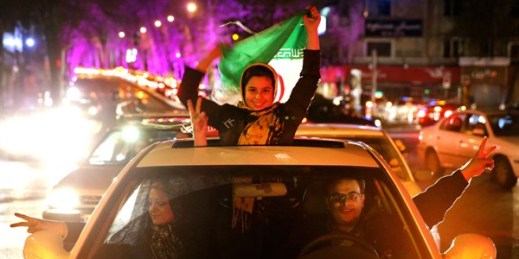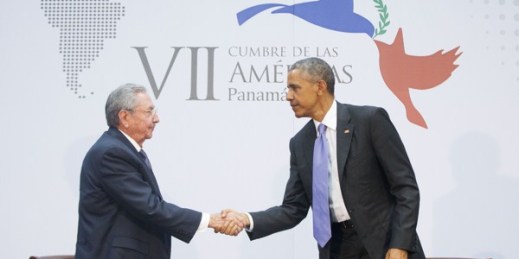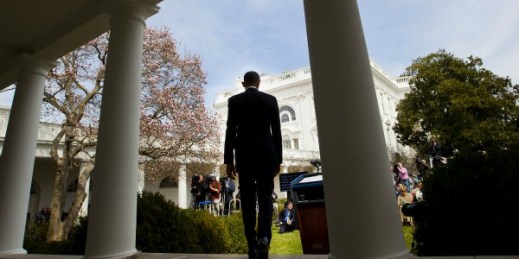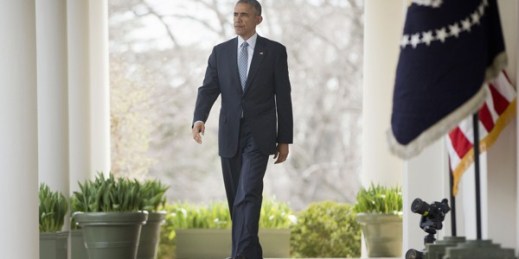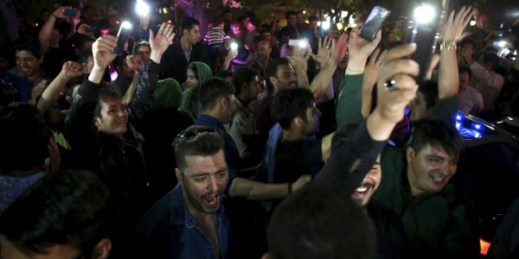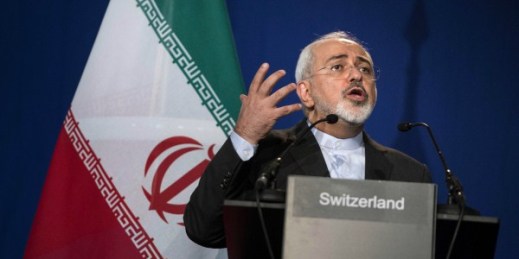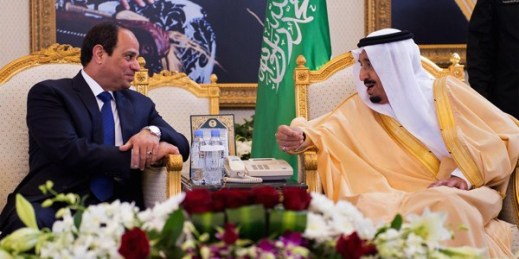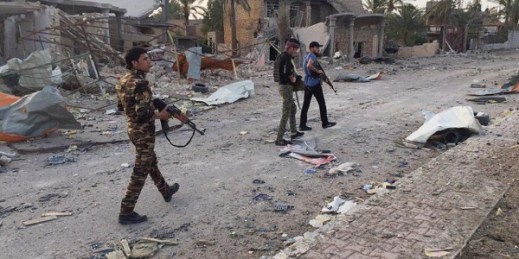
When U.S. President Barack Obama announced his strategy for countering the so-called Islamic State (IS) last September, it was met with an immediate volley of criticism, most of it asserting that the president’s approach was too timid. Incensed by IS’ horrors, the critics called for large-scale American military action. Sen. Ted Cruz, for instance, demanded that the Obama administration “destroy” IS within 90 days. When told by Gen. Martin Dempsey, chairman of the Joint Chiefs of Staff, that this was impossible, Cruz issued a press release saying the general was wrong. Now that the 2016 presidential race has kicked off, […]

